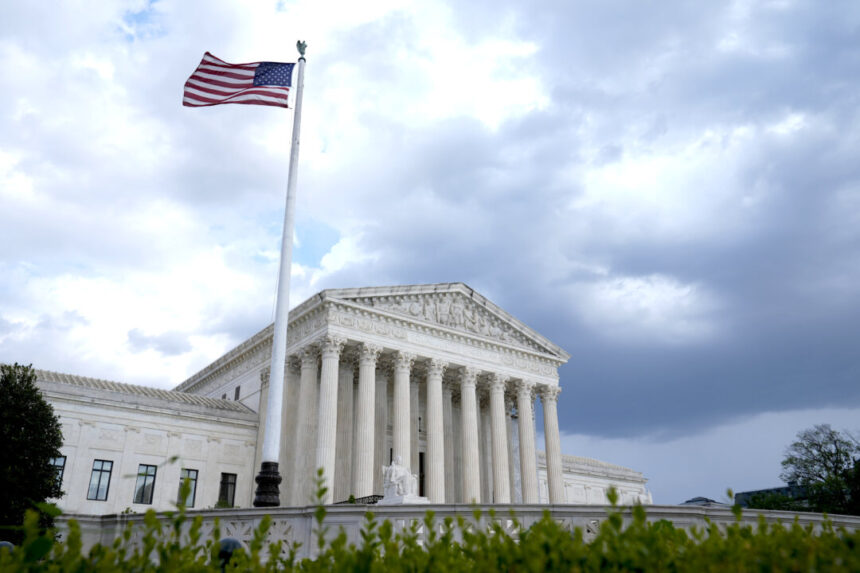The offenders are arguing that the Fifth Circuit was incorrect in denying them relief that could potentially reduce their lengthy sentences. The Supreme Court has agreed to consider whether the “Scarecrow Bandits,” who committed crimes before a Trump-era criminal justice reform law, should benefit from the law’s lower mandatory minimum sentences. The offenders got their nickname from FBI agents who described them wearing loose shirts and floppy hats during early robberies. The First Step Act, a bipartisan law signed in 2018, reformed the criminal justice system to make it easier to reduce penalties for certain nonviolent offenders. The key legal issue at hand is whether the sentence reductions outlined in the law apply to defendants who were sentenced before the law’s enactment but later had their sentences vacated and resentenced after the law took effect. The Supreme Court granted petitions for review in Hewitt v. United States and Duffey v. United States on July 2, ordering the cases to be heard together. At least four out of the nine justices must vote to grant a petition for it to proceed to the oral argument stage.
Dick Durbin (D-Ill.) expressed concern in April 2023 that a certain bill has not made progress since then. He mentioned that the bill has not received a committee hearing, been voted out of committee, debated on the chamber floor, voted upon by the full Senate, or moved to the House.
He warned that the bill is likely to die when the current Congress leaves office in a few months. Durbin emphasized that it would be unjust to allow the continued misapplication of a law that was enacted based on speculation about a bill that will never progress.
He also pointed out that if the decision is not overturned, many individuals will be denied the sentence reductions they are entitled to by law. The Supreme Court is expected to hear the appeals of three offenders in its upcoming term starting in October.





